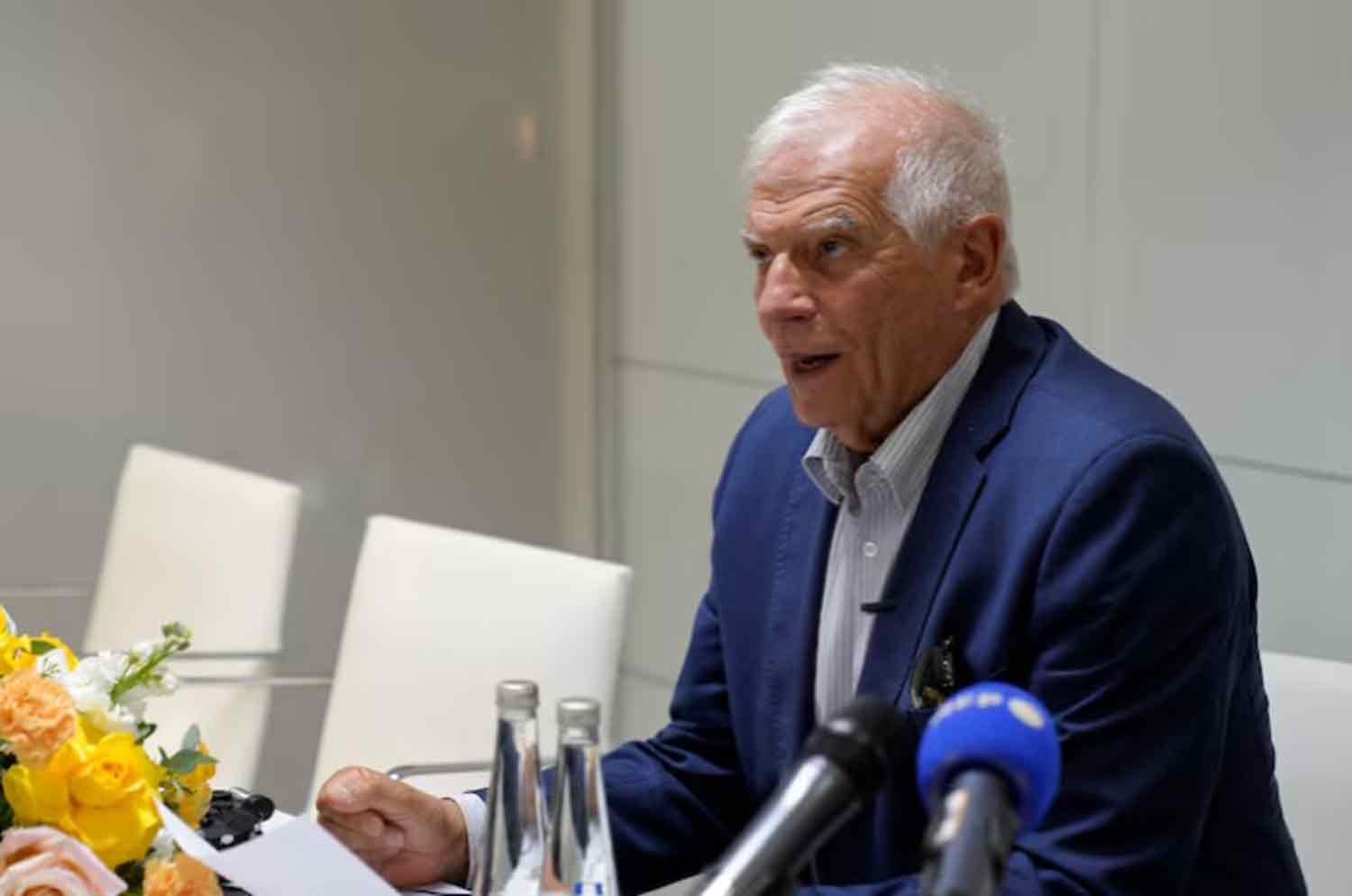Qatar has decided to halt its efforts to mediate a ceasefire and hostage release agreement in Gaza until both Hamas and Israel exhibit a “genuine willingness” to engage in negotiations, according to an official briefed on the situation, as reported by Reuters on Saturday. This marks a significant setback in the ongoing attempts to establish a truce since the onset of the conflict.
The influential Gulf nation has also determined that Hamas’ political office in Doha “no longer serves its purpose,” further complicating matters for the Palestinian militant group, especially in light of the recent assassinations of its senior leaders by Israel.
Together with the United States and Egypt, Qatar has been instrumental in various rounds of discussions aimed at achieving a ceasefire in the protracted conflict in Gaza and securing the release of Israeli hostages held by Hamas. However, the latest discussions in mid-October did not yield any agreements, as Hamas rejected a proposal for a temporary ceasefire.
“The Qatari officials have consistently stated since the beginning of the conflict that their mediation efforts can only proceed when both sides show a true commitment to resolving the issue,” the official noted.
Qatar has not established a timeline for the closure of Hamas’ political office or for the departure of Hamas leaders from the country, leaving the potential for a reversal of this situation uncertain.
Qatar has communicated to Hamas, Israel, and the U.S. administration its readiness to resume its role in negotiations, provided that both Hamas and Israel exhibit a genuine commitment to return to the negotiating table with the aim of ending the conflict, according to an official statement.
Hamas has not issued any official response.
A Palestinian official involved in the mediation discussions noted, “Hamas is unlikely to respond unless it receives an official communication from Qatar. Currently, this is merely speculation in the media.”
In recent weeks, Washington has conveyed to Qatar that Hamas’ presence in Doha is no longer tenable, following the group’s rejection of the latest ceasefire and hostage deal proposal, as stated by a U.S. official on Friday.
Qatar’s government began reassessing Hamas’ presence in April, which led to the group’s leaders relocating to Turkey, according to the official.
“After a two-week period, both the Biden administration and the Israeli government urged Qatar to facilitate their return,” the official added, noting that Washington has indicated that negotiations have been unproductive while Hamas leaders are in Turkey.
As a major non-NATO ally of the U.S., Qatar has hosted Hamas’ political leaders since 2012 under an agreement with the United States.
The exact number of Hamas officials residing in Doha remains unclear, but it includes several individuals considered potential successors to Yahya Sinwar, who was killed by Israeli forces in Gaza last month. This group includes Sinwar’s deputy, Khalil al-Hayya, who has been instrumental in ceasefire negotiations, and Khaled Meshaal, recognized as Hamas’ diplomatic representative.
The former leader, Ismail Haniyeh, who was assassinated in Iran in July, likely by Israeli forces, was also based in Doha. His remains were transported to Qatar for burial in early August.
Discover more from Defence Talks | Defense News Hub, Military Updates, Security Insights
Subscribe to get the latest posts sent to your email.





